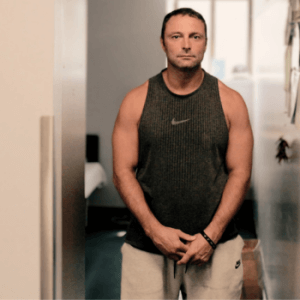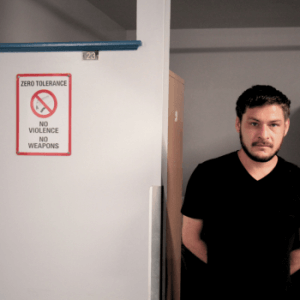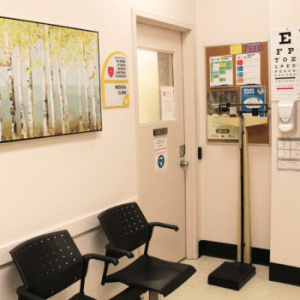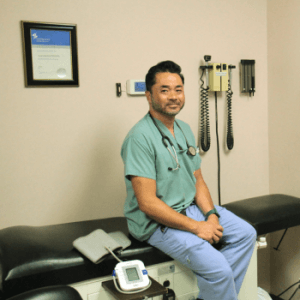
Translate this page:
What does untreated addiction look like
First, you lose your job. Then you lose your family. And your home. You’re on the street, hating yourself. Possibly turning to crime to pay for your next high. Getting assaulted, getting injured, getting ill. Realizing that your addiction is slowly killing you.
You want out. But even if you get sober and sign up for treatment, you have to wait months. And you need help to stay sober. A safe place to live. Someone who knows what you’re going through. You need it NOW, not months from now.
D.A.R.E
Drug and Alcohol Recovery Enrichment Program
The 25-bed DARE Program is a post-detoxification and pre-treatment program that offers homeless men with addictions a safe, supportive place to live while waiting for treatment. DARE provides counselling that prepare clients for residential or out-patient treatment for addictions. The 25 clients live together in a secure dormitory, offering each other support and encouragement.
Clients in DARE receive food, shelter, toiletries and clothing. Transportation costs also are covered so that clients can keep medical appointments. During the day, DARE clients do chores in an effort to give back to the community and learn responsibility. Clients also take part in arts and sports programs. They participate in group and individual counselling and begin to learn how to live life free from substance abuse.
Stable housing is critical to reaching treatment goals. DARE clients begin work on a housing plan when they enter the program. Because DARE is an abstinance-based program, DARE clients sign a contract not to use any mood-altering substances. They consent to random testing.


Medical Clinic
Healthcare for those most in need
Good Shepherd’s medical clinic operates 5 days a week and is staffed with a Health Care Co-ordinator, an experienced RN. In addition, there are numerous partners like St. Elizabeth Healthcare, Inner City Health Associates, AAPRICOT (Addiction Assessment Psychotherapy Referral in the Community of Toronto) that provide a variety of services for homeless clients seeking care.
Clinic staff deal with a wide range of health problems. Some minor issues like olds, headaches, body and head lice and rashes caused by bed bugs can be treated quickly on site. Other problems common among the homeless – diabetes, hepatitis C, asthma, bronchitis, congestive heart failure, arthritis, mental illness – need more care than the clinic can provide. The Co-ordinator refers clients to other health care providers, arranges transportation to appointments, networks with social workers, housing workers and street nurses.
Providing health care that meets the needs of homeless individuals makes sense for the whole community. Early detection can stop the spread of infectious diseases.
Early treatment can keep health problems from turning into severe, chronic conditions that are difficult and expensive to treat.



